I’ve been reading up a storm, but life has been kinda life-y. So I thought a little review roundup was in order.
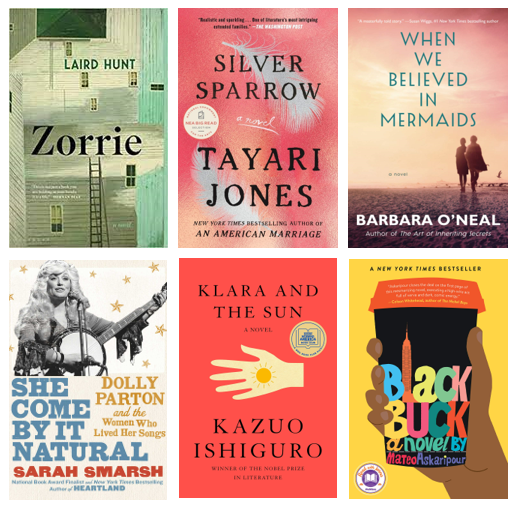
Zorrie by Laird Hunt. Short, spare, quietly powerful. In just 159 pages, Hunt economically and sparingly tells the entire life story of Zorrie, a tough woman from Indiana farm country. Orphaned young, Zorrie walks the land looking for work. Her curiosity takes her west to a Radium processing plant, her heart brings her back to Indiana. If you are looking for action, adventure, and bright lights, this isn’t it (well, except for the Radium glowing from Zorrie and her friends). It is quiet telling of a quiet life of a strong woman with a connection to her land and her community. If you are a fan of Kent Haruf, I definitely recommend you pick it up. FOUR STARS
Silver Sparrow by Tayari Jones. I read Jones’ American Marriage a couple of years ago and loved it, knowing I would read more by her. Silver Sparrow is centered around James Witherspoon and his two separate families — his public one and his private one. While you my think this to be a tale of polygamy set in the way way back, you would be wrong. All the secrecy and living-a-double-life shenanigans are happening in Atlanta in the 1980s. More juicy? The story is told in two parts, the first half from the secret daughter, the second from the public-facing daughter. #DANG Two strong narrators make the audio version worth checking out. FOUR STARS
When We Believed In Mermaids by Barbara O’Neal. There’s mystery and secret at the heart of When We Believed in Mermaids, but it’s no thriller. As a book club friend pointed out, the peachy cover with turquoise lettering should have been the giveaway. Kit, a doctor, is watching the news when a tragedy in New Zealand airs and she sees her sister on the screen. Her sister that was supposed to be dead. Trotting the globe, Kit learns that her sister Josie, now living as Mari, has a new semi-charmed life and a lot of explaining to do. This is comfortably couched in the beach read category for me. Good escapist chick lit. THREE STARS
She Come by It Natural: Dolly Parton and the Women Who Lived Her Songs by Sara Smarsh. This is a collection of essays that were originally published in 2016 as a four-part series for the journal of root music No Depression. While there’s information about Dolly (all of which can be found in other publications), Smarsh aims to bring light to the plight of poor women, the women not benefiting from the strides their middle and upper-middle-class counterparts have benefited from over the years. If this is of interest to you, you might like the collection. If it’s not, you probably won’t. THREE STARS
Klara and the Sun by Kazuo Ishiguro. This book is just on the verge of being outside of my comfort zone. Science fiction is not my jam. Artificial Intelligence hovers on that sci-fi line. If you’re wondering why I chose it? I didn’t. I have one of my book clubs to blame. But that’s also the reason I love book clubs. Klara is an artificial friend, and AF, to Josie (not to be confused with Josie in the mermaid book previously mentioned. Purchased at a place reminiscent of an Apple store, but solely to by AFs (how AF is that?), Klara is teenage Josie’s constant companion and a motive for Klara’s mother to be more. Ishiguro entertains topics of loneliness, climate change, artificial intelligence, human emotions and more. I have the feeling I am going to like talking about this one more than reading it. FOUR AND A HALF STARS
Black Buck by Mateo Askaripour. This book is brilliant. And different. And not like anything I have read before. My thoughts will be shared in greater detail when I talk about it with my Snotty Literati writing partner. So stay tuned, or just trust me.

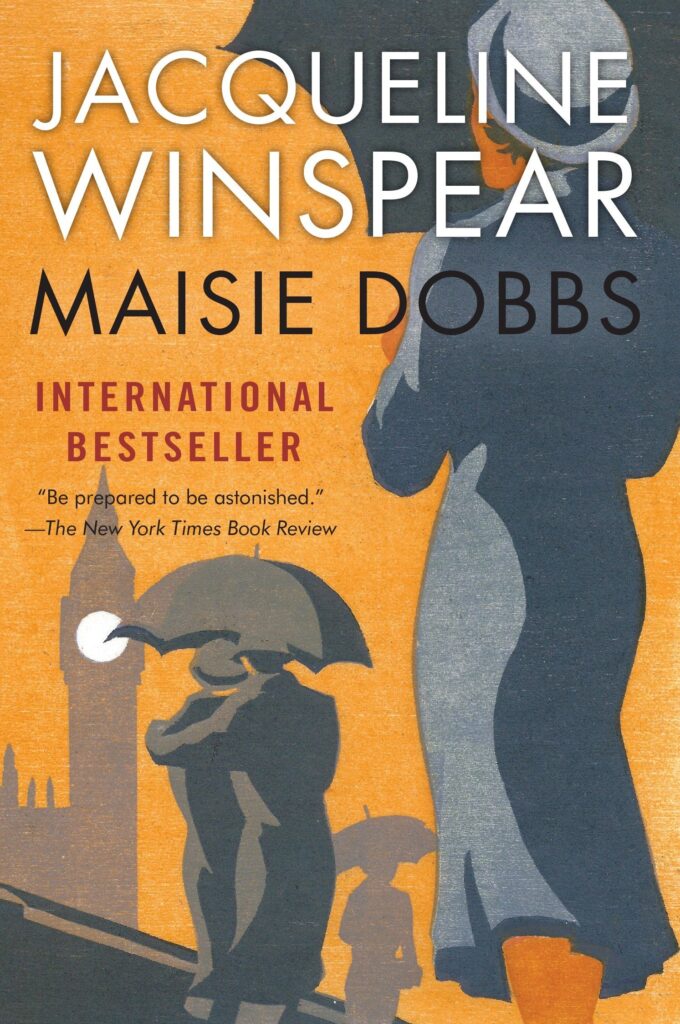
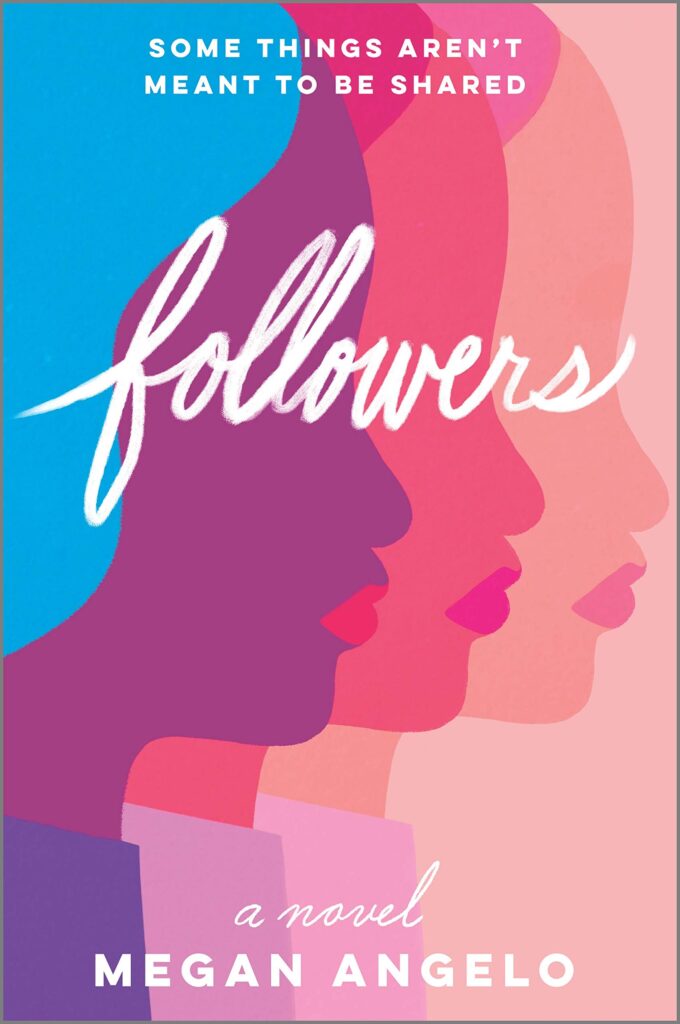
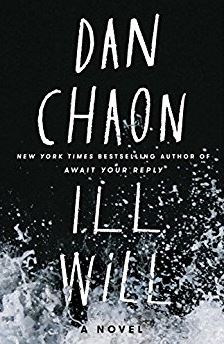
 Months away from each inheriting a massive sum of money—life-changing money—Jack, Melody, and Bea Plumb learn the cash they have been counting on is gone. The Nest has been drained to cover up eldest, favorite, and married son Leo’s indiscretion involving a 19-year old waitress, a car accident, and rehab. This executive decision by Mama Plumb results in the already dysfunctional family kicking it into high gear.
Months away from each inheriting a massive sum of money—life-changing money—Jack, Melody, and Bea Plumb learn the cash they have been counting on is gone. The Nest has been drained to cover up eldest, favorite, and married son Leo’s indiscretion involving a 19-year old waitress, a car accident, and rehab. This executive decision by Mama Plumb results in the already dysfunctional family kicking it into high gear.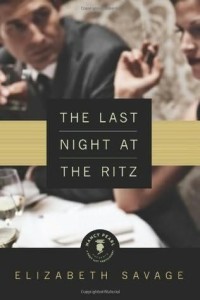
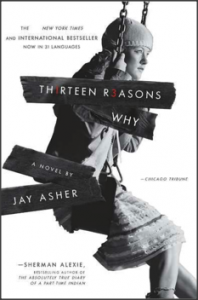 I actually picked up Thirteen Reasons Why after downloading the much talked about Tragedy Papers by Elizabeth Laban. In fact, the book’s description said, “… perfect for fans of Thirteen Reasons Why and Looking for Alaska”. And since I didn’t have either of those books, you can imagine what I did.
I actually picked up Thirteen Reasons Why after downloading the much talked about Tragedy Papers by Elizabeth Laban. In fact, the book’s description said, “… perfect for fans of Thirteen Reasons Why and Looking for Alaska”. And since I didn’t have either of those books, you can imagine what I did. I can’t stop hearing about Gone Girl. It’s everywhere. Every best book list for last year. Every bookstore has tables and tables of it. Every airport has it. Everywhere! People are telling me I HAVE TO READ IT. I mean, I see or hear about it as much as I hear that Call Me Maybe song.
I can’t stop hearing about Gone Girl. It’s everywhere. Every best book list for last year. Every bookstore has tables and tables of it. Every airport has it. Everywhere! People are telling me I HAVE TO READ IT. I mean, I see or hear about it as much as I hear that Call Me Maybe song. Room by Emma Donoghue has been on my list for some time. I almost mandated it for my turn at book club in December, but then remembered I never mandate, always preferring to offer my fellow clubbers with a choice.
Room by Emma Donoghue has been on my list for some time. I almost mandated it for my turn at book club in December, but then remembered I never mandate, always preferring to offer my fellow clubbers with a choice. Right before heading out for vacation it seemed a perfect week to revisit one of my favorite authors; a poet, no less. I love Billy Collins and after reading two of his collections (
Right before heading out for vacation it seemed a perfect week to revisit one of my favorite authors; a poet, no less. I love Billy Collins and after reading two of his collections (